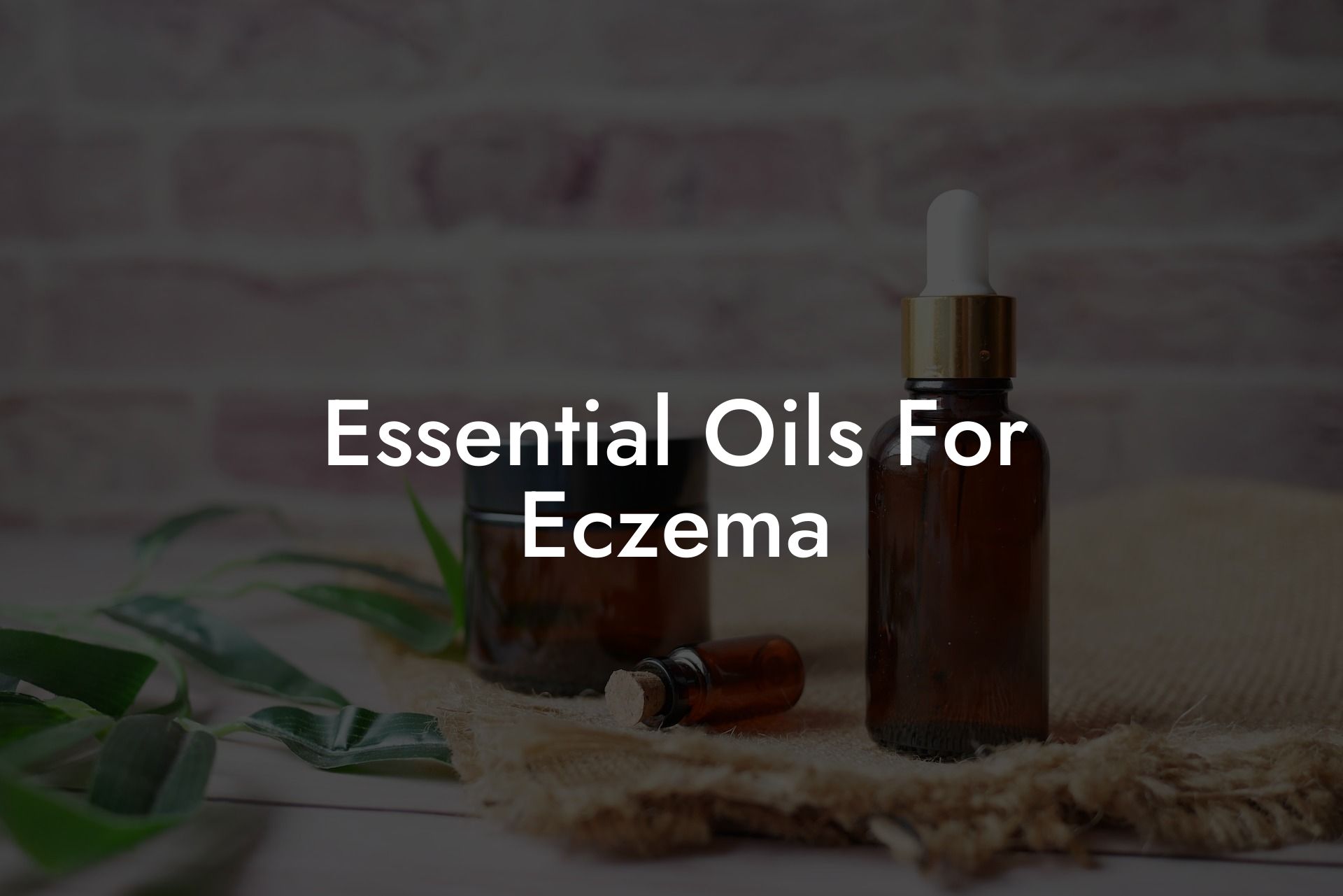Eczema, also known as atopic dermatitis, is a chronic inflammatory skin condition that affects millions of people worldwide. Characterized by red, itchy, and inflamed skin, eczema can be a source of discomfort and self-consciousness for those who suffer from it. Luckily, essential oils offer a natural and effective way to manage eczema symptoms and improve overall skin health. In this comprehensive guide, we will explore the best essential oils for eczema, how to use them safely, and some practical tips for incorporating these botanical wonders into your daily skincare routine.
Table of Contents
Why Essential Oils for Eczema?
Essential oils are highly concentrated plant extracts that offer a wide range of therapeutic properties, including anti-inflammatory, antimicrobial, and soothing effects. These qualities make them an ideal choice for managing eczema symptoms and supporting healthy skin.
Best Essential Oils for Eczema
- Lavender: Widely known for its calming and relaxing properties, lavender oil is also an excellent option for eczema due to its anti-inflammatory and analgesic effects. It helps to soothe irritated skin and promote faster healing of the affected area.
- Tea Tree: With its strong antibacterial and anti-inflammatory properties, tea tree oil is highly effective in reducing redness, inflammation, and itchiness associated with eczema. It also helps prevent infection and promote healthy skin.
- Chamomile: Renowned for its calming and anti-inflammatory properties, chamomile oil is ideal for soothing irritated and inflamed skin caused by eczema. This gentle oil is especially suitable for use on children and those with sensitive skin.
- Geranium: Geranium oil’s astringent, anti-inflammatory, and antimicrobial properties make it a powerful ally in managing eczema symptoms. It helps reduce swelling and redness while also preventing infection.
- Frankincense: This ancient oil contains potent anti-inflammatory and wound-healing properties that help to soothe and repair damaged skin caused by eczema. Frankincense oil also helps to promote healthy skin cell regeneration for improved skin texture and appearance.
How to Safely Use Essential Oils for Eczema
Before applying essential oils to your skin, it’s crucial to follow these safety guidelines:
– Always dilute essential oils with a carrier oil, such as coconut, jojoba, or sweet almond oil, before applying to the skin. A general guideline is to mix 10-12 drops of essential oil per ounce of carrier oil.
– Perform a patch test on a small area of your skin before using any essential oil to ensure you do not have an adverse reaction.
– Avoid using citrus essential oils on areas exposed to sunlight, as they can cause photosensitivity and increase the risk of sunburn.
– Consult with a healthcare professional or professional aromatherapist before using essential oils if you are pregnant, nursing, or have a pre-existing medical condition.
Essential Oils For Eczema Example:
DIY Eczema Relief Oil Blend
To create a simple and effective eczema relief oil blend, follow these steps:
1. In a small glass bottle, mix 30 mL (1 oz.) of jojoba oil (carrier oil) with the following essential oils:
– 6 drops of lavender oil
– 4 drops of tea tree oil
– 4 drops of chamomile oil
2. Close the bottle and gently shake it to blend the oils together.
3. Apply this mixture to the affected areas of your skin twice a day, or as needed for relief from eczema symptoms.
Remember to perform a patch test before applying the blend to a larger area of your skin.
Eczema can be a challenging and frustrating condition to manage, but there is hope in the form of natural remedies like essential oils. By incorporating the right combination of oils into your daily skincare routine, you can effectively manage eczema symptoms and promote healthy, vibrant skin. Share this guide with your friends and family who may also benefit from these natural remedies, and explore the Oshu Oils range of essential oils to discover how they can support your overall wellbeing.





















